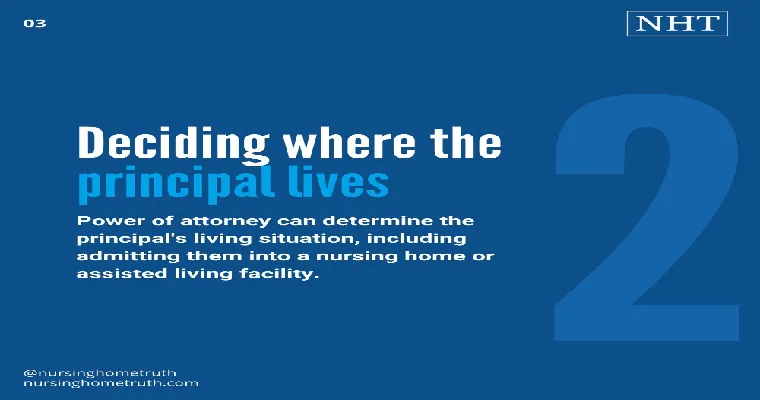Understanding how a "nursing home" gets paid is crucial for families seeking care for their loved ones. The payment structure for nursing homes often involves a combination of "Medicare", "Medicaid", and private pay options. Each of these payment sources plays a significant role in funding the services provided to residents. In this article, we will explore the various payment methods, eligibility requirements, and what families should consider when planning for nursing home expenses.
Nursing homes primarily receive funding through "Medicare" and "Medicaid" programs. "Medicare" is a federal health insurance program that covers individuals aged 65 and older, as well as certain younger individuals with disabilities. However, it is important to note that Medicare only covers short-term stays in skilled nursing facilities, typically up to 100 days after a qualifying hospital stay. This limited coverage usually only applies to rehabilitation services rather than long-term care.
On the other hand, "Medicaid" is a state and federal program designed to assist low-income individuals and families with healthcare costs. Medicaid covers a more extensive range of services for nursing home residents, including long-term care. Eligibility for Medicaid varies by state, but generally, applicants must meet certain income and asset thresholds. Families often need to navigate the complex application process to secure Medicaid coverage for their loved ones.
For those who do not qualify for Medicare or Medicaid, private pay options are available. Many individuals use personal savings, pensions, or long-term care insurance to cover nursing home expenses. Long-term care insurance can be an invaluable asset, as it helps mitigate the financial burden associated with extended nursing home stays. However, it is essential for families to review policy details carefully, as coverage can vary significantly among insurance plans.
In addition to these primary funding sources, some nursing homes may offer financial assistance programs or sliding scale fees based on a resident's income. This can help make care more affordable for families who may be struggling to meet the costs of nursing home care.
When considering how a nursing home gets paid, it is also vital for families to understand the overall costs involved. Expenses can vary widely depending on factors such as location, the level of care required, and the amenities offered. Families should conduct thorough research and planning to ensure they choose the best financial option for their situation.
In conclusion, financing nursing home care involves a multifaceted approach, including "Medicare", "Medicaid", and private pay options. Families should be proactive in understanding these payment methods and exploring all available resources to ensure their loved ones receive the necessary care without undue financial strain. By being informed and prepared, families can make better decisions regarding nursing home care and funding.





